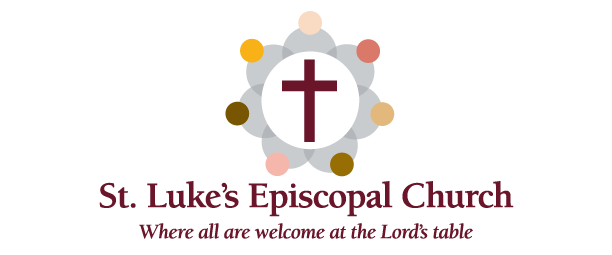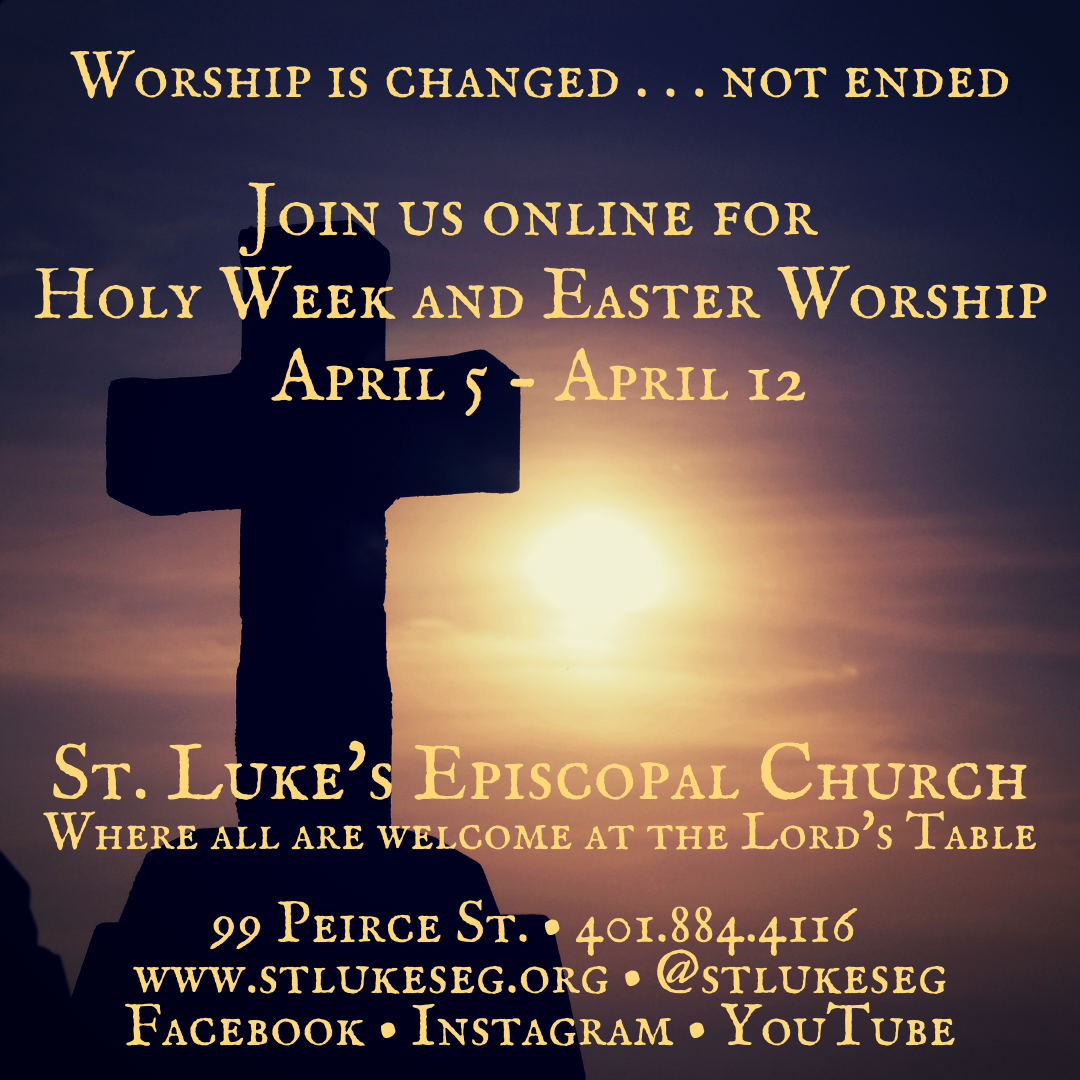Home > Lenten Blog 2025
How do we see ourselves in the story?
April 13, 2025

Isaiah 50:4-9a | Philippians 2:5-11 | Luke 23:1-49
Placed in the larger context, we see Jesus’ entrance into Jerusalem just after his encounter with Zacchaeus, the tax collector and Roman collaborator, who is drawn into the subliminal power of divinity and becomes transformed.
Zacchaeus’ conversion sets the stage for Holy Week – the question for us is, how do we see ourselves in the story?
There is the temptation, especially in the Episcopal church, to refrain from talking about money and politics. This is understandable, since our proximity to power and privilege has often meant that we do not need to.
But the situating of Zacchaeus’ story is meant to bring into stark relief the destructive reality of the instruments of empire. The tools of finance, the idea that “markets” are somehow distinct from the consumers and producers who fuel its activity, and the political powers that drive the machine.
How many times have I heard Christians say that politics does not belong in church?
If this were true, then we would have to excise much of the Gospels.
The conversion of a Roman collaborator coupled with the inbreaking of the kingdom of God through Jesus’ disruptive royal entrance, stands as a clear rebuke of the political powers that be. If politics is nothing more than the ways in which we distribute power and resources, then Palm Sunday is a frontal assault on the machinations of the Roman state.
Our challenge, as American Christians, is to recognize that we are empire. And in so much as we begin to understand this important point, only then can we begin to see the depths of our collaboration.
But liberation, as it turns out, is as much for the oppressor as it is for the oppressed.
This is why Palm Sunday presents a unique challenge to us. We understand that Jesus’ entry into Jerusalem is the beginning of one ending and the start of something new. We recognize ourselves in both moments, as a people who conspire against hope, love, and peace, and as a people who are transformed by the death-defying liberative activity of resurrection.
It is then quite curious that the gospel writer of Luke ends this bit of narrative with the recognition that peace is in heaven. Perhaps one way to read this is to acknowledge that whatever it is God intends to work out, that God will work it out in God’s time. Our work is not to retreat from the Gospel, but to recognize that the furthest extent of our co-creative activity is to ultimately leave it in God’s hands.
Maybe the teaching here is to pull us back from the excess of ego or perhaps it is the implicit acknowledgment that the narrowness of the path of Jesus is reflected in the suffering we experience on Christ’s account.
But suffering is yet to come.
Or perhaps it is enough to ponder Zacchaeus, the sinner who clings so dearly to God’s grace that he is extravagant in his reparations of spirit and wealth. Zacchaeus, former collaborator and now disciple of Christ, who has arrived in faith just in time to see the dramatic unfolding that is about to come.
Jeremy Langill


